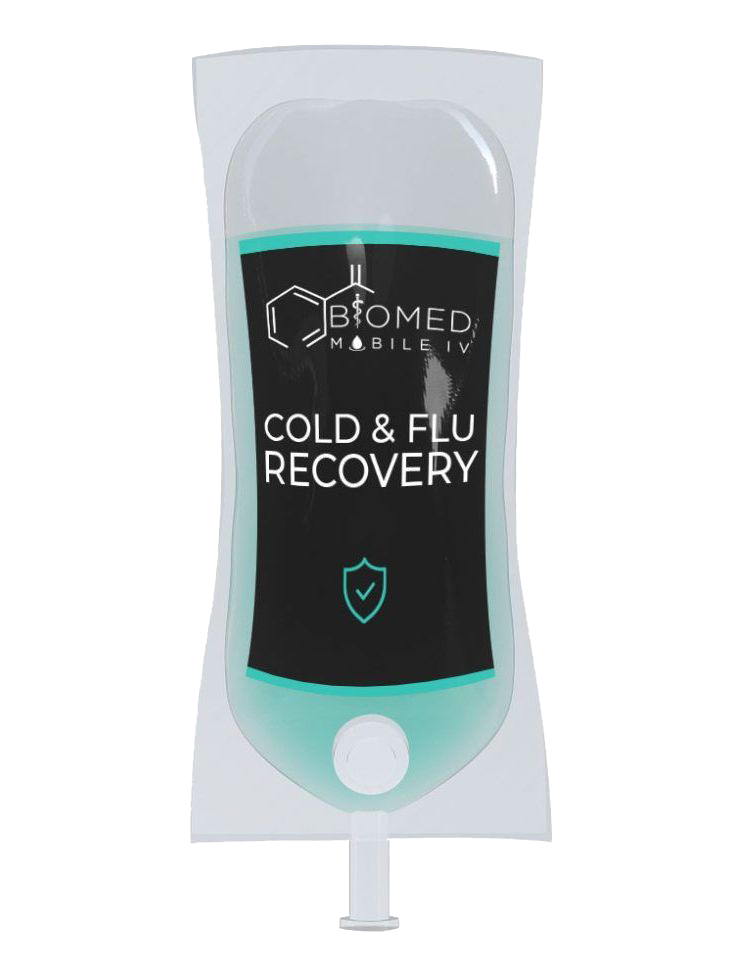Cold & Flu Recovery
IV Therapy for Cold & Flu Relief

IV therapy can be a highly effective way to manage the symptoms of the common cold or the flu. IV therapy delivers fluids and electrolytes directly into the bloodstream, rehydrating the body and helping it to recover more quickly. Additionally, IV therapy can provide vitamins and minerals that may be depleted during a bout of the cold or flu, such as vitamin C, which can help to boost the immune system.
Ingredients: B-complex, B-12, Fluids, Glutathione, High dose Vitamin C, Magnesium, Toradol, Vitamin D3, Zinc, Zofran
Great For: Cold & Flu Symptoms, Immunity, Body Aches
Duration: 60 Minutes
Price: $260
The Cold & Flu Recovery IV Drip
How Can IV Therapy Help Your Cold & Flu Symptoms?
Nausea Reduction
BioMed’s Cold & Flu IV therapy can help relieve nausea quickly by administering medication intravenously.
Boosted Immunity
Immunity decreases when cellular functions fail or become compromised. The ingredients in the Cold & Flu IV therapy enhance cellular function, making them more capable of fighting off infection.
Heightened Energy Levels
BioMed’s Cold & Flu IV therapy rapidly boosts energy levels through the quick, intravenous delivery of vitamins to cells. B-complex vitamins and magnesium are especially potent in this regard as they contribute to cellular energy production.
Boosted Hydration
Cold & Flu Recovery IV therapy has a saline and electrolyte solution base that immediately boosts the body’s hydration levels. The solution delivers hydration straight to your cells quickly and efficiently, providing a fast recovery from dehydration.

